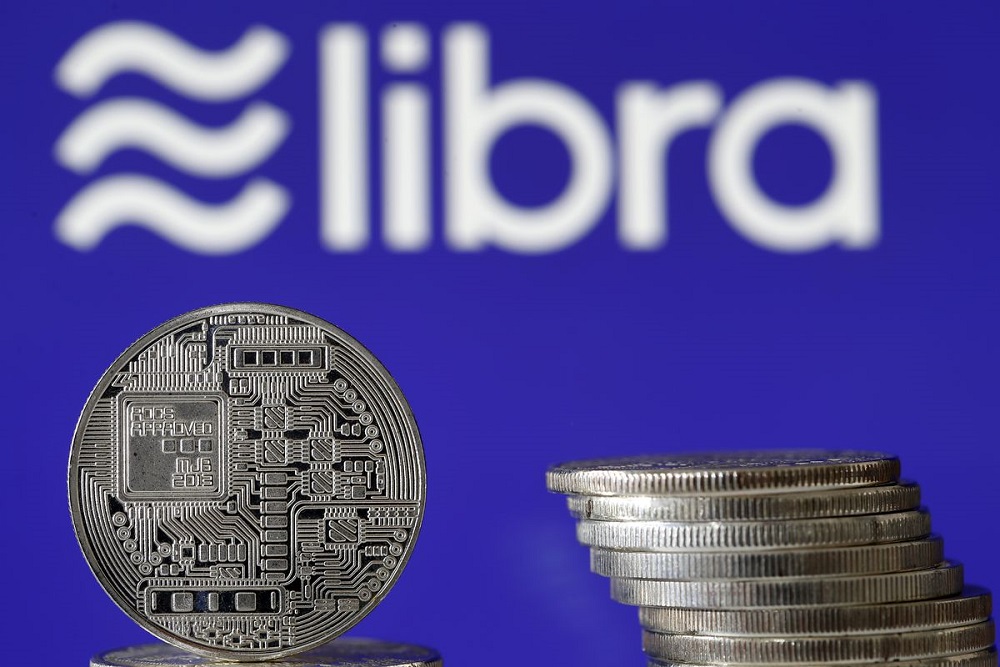Bitfinex, a cryptocurrency exchange owned and operated by iFinex Inc., announced Thursday the donation of 36 bitcoins and 600,000 USDT to bitcoin-friendly El Salvador.
Bitfinex Donates $1.3 Million to Small Businesses
As per the official announcement, the donation, worth about $1.35 million at press time, is geared towards the country’s economic development.
Part of the funds will be distributed across small businesses in El Salvador’s most socially-deprived region, which has dramatically suffered gang violence and extortion, such as Ilopango, Soyapango, and Apop, and the remainder will be distributed to a variety of other projects and initiatives.
Some of the start-ups that will be supported include green business initiatives that employ young and vibrant youths to tackle pollution in lake Ilopango and sanitize the environment of Apopa.
Speaking on the new development, Paolo Ardoino, the chief technology officer (CTO) at Bitfinex, noted that the donation demonstrates Bitcoin’s ability to facilitate economic freedom.
“By providing bitcoin and Tether to local communities in El Salvador, we will provide vital support to small businesses while also countering the effects of gang violence that has swept across the country,” he said.
Bitfinex to Use El Salvador’s Chivo Wallet
The crypto exchange noted that it would work with Max Keiser and Stacy Herbert, two early Bitcoin proponents who live in El Salvador, to distribute the funds to underdeveloped societies where street gangs have reportedly been terrorizing small business owners.
The funds are currently being dispersed across recipients through their bitcoin wallets and the government-issued Chivo wallet, which was launched after the country legalized Bitcoin in 2021.
El Salvador was the first country to approve Bitcoin (BTC) as a medium of exchange for goods and services. Since then, the nation has been bullish on the leading cryptocurrency.
In April, El Salvador’s tourism minister, Morena Valdez, disclosed that cryptocurrencies had improved the country’s tourism sector by 30% since its recovery from the COVID-19 pandemic.
- Crypto Price Update July 24: BTC Maintains $66K, ETH at $3.4K, XRP, TON, and ADA Rallies
- Bitcoin Falls to $65K as Mt. Gox Transfers $2.8 Billion BTC to External Wallet
- News of Marathon Digital’s $138 Million Fine for Breach of Non-Disclosure Agreement Triggers a Bearish 2.5% of Its MARA Stock
- Are $530M Bitcoin ETF Inflows a Blessing or Caution?
- Metaplanet Teams with Hoseki for Real-Time Bitcoin Holdings Verification
- Building Secure Blockchain Systems: An Exclusive Interview with ARPA and Bella Protocol CEO Felix Xu
- Building The “De-Facto Crypto Trading Terminal”: An Exclusive Interview with Aurox CEO Giorgi Khazaradze
- Building a New Global Financial System: An Exclusive Interview With Tyler Wallace, Analytics Head at TrustToken
- “Solana is the Promised Land for Blockchain” — An Exclusive Interview with Solend Founder Rooter
- El Salvador: Where The Bitcoin Revolution Begins With A Legal Tender

 Why Trust Us
Why Trust Us







